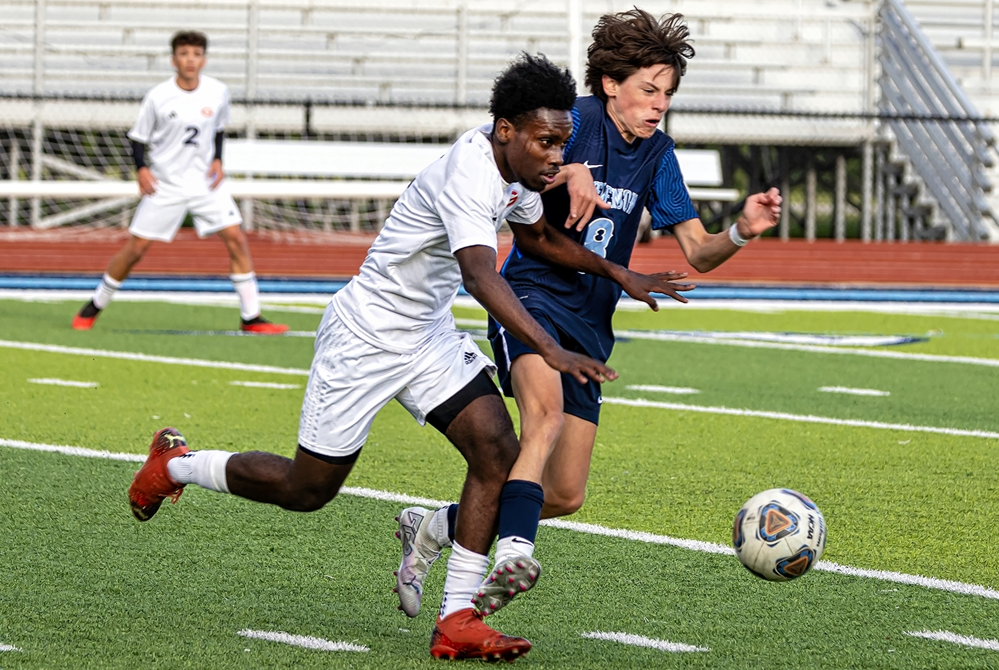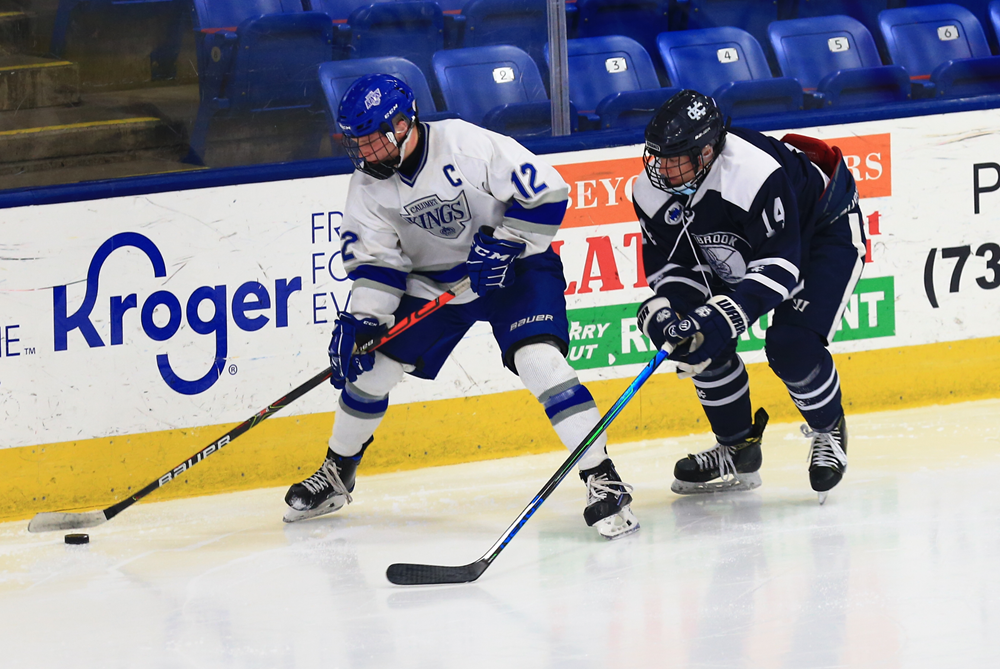
Be the Referee: Soccer Handling
By
Paige Winne
MHSAA Marketing & Social Media Coordinator
September 5, 2024
Be The Referee is a series of short messages designed to help educate people on the rules of different sports, to help them better understand the art of officiating, and to recruit officials.
Below is this week's segment – Soccer Handling - Listen
In soccer, a kicked ball that inadvertently touches a player’s arm is not a handball. If a ball is kicked at someone’s face and they instinctively put their hand in front of their face to block the ball – that is also not a handball. There was no intent.
Handball – or handling – is called when the touch with a hand or arm is deliberate.
However, if a ball glances off an offensive player’s arm and goes into the goal, the goal is not allowed. Even if the touching was accidental or inadvertent, it’s no goal. If the touching leads to an immediate goal-scoring opportunity, then it’s also whistled for handling.
As long as the inadvertent touching doesn’t lead directly to a goal, it’s play on.
Previous 2024-25 Editions
Aug. 24: Football Holding - Listen
PHOTO Westland John Glenn and Sterling Heights Stevenson players pursue the ball during their matchup this season. (Photo by Douglas Bargerstock.)

Be the Referee: Unsuspecting Hockey Hits
By
Paige Winne
MHSAA Marketing & Social Media Coordinator
December 19, 2023
Be The Referee is a series of short messages designed to help educate people on the rules of different sports, to help them better understand the art of officiating, and to recruit officials.
Below is this week's segment – Unsuspecting Hockey Hits - Listen
We’re on the ice today and we’ve got two players, one from the home team, one from the away team, trying to gain control of the puck.
As they are jockeying for the puck, a second home team player comes in and checks the away team player – allowing the home team to gain possession.
Is this physical contact by the second player allowed?
If the opposing player is in an unsuspecting or vulnerable position – then no, it is not allowed and the aggressor should be penalized.
This is a point of emphasis for the 2023-24 season which aims to remove unsuspecting hits to defenseless or vulnerable players.
Previous Editions
Dec. 12: No More One-And-Ones - Listen
Nov. 21: Football Finals Replay - Listen
Nov. 14: Volleyball Unplayable Areas - Listen
Nov. 7: Pass/Kick Off Crossbar - Listen
Oct. 31: Cross Country Interference - Listen
Oct. 24: Soccer Overtime - Listen
Oct. 17: Tennis Spin - Listen
Oct. 10: Blocked Kick - Listen
Oct. 3: Volleyball Double & Lift - Listen
Sept. 26: Registration Process - Listen
Sept. 20: Animal Interference - Listen
Sept. 13: Feet Rule on Soccer Throw-In - Listen
Sept. 6: Volleyball Jewelry - Listen
Aug. 30: Football Rules Similarities - Listen
Aug. 23: Football Rules Differences - Listen

